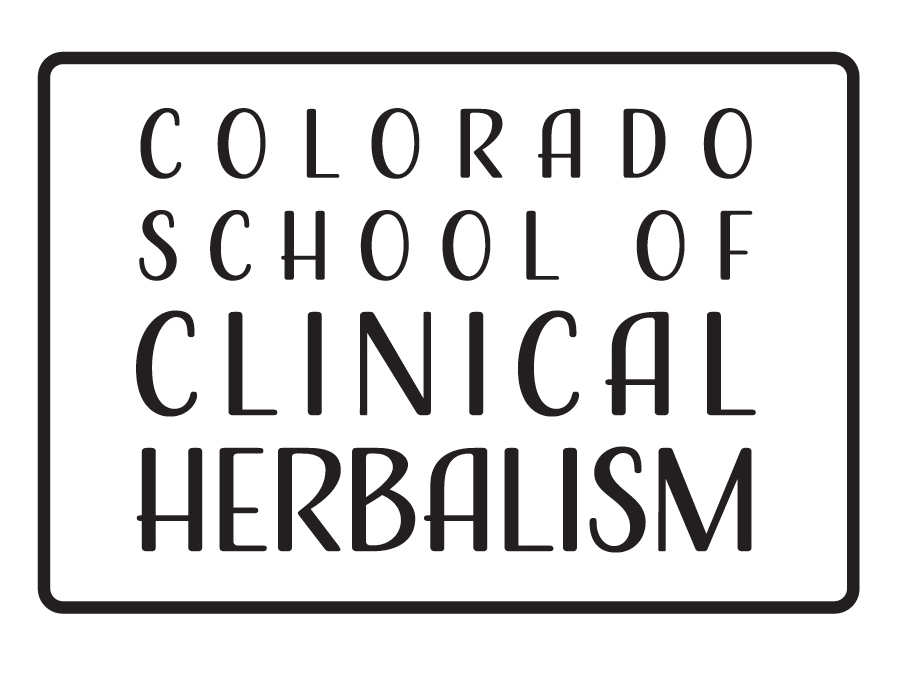Miriam Schaffer, Certified Herbalist
Everything we do throughout our lives affects how our brains look. As we continue to grow, our brains undergo a process known as neurogenesis, whereby new neurons are birthed. This process is continuously occurring and our brains’ individual ability to effectively produce new neurons can have a profound impact on our ability to store new memories. So how do we support neurogenesis? What can we do in our everyday lives to enhance our brain’s abilities to work at its best?
There is a growing body of research showing the effects of various supplements, exercise, diet, and even music on cognitive performance. It can be overwhelming sorting through all of the seemingly far-reaching claims that can be found on the Internet. So what to make of it all? Allow me to help you focus on the topic at hand! Here is an outline of a few things you can do if you are someone who struggles with an attention or concentration disorder, or if you simply want to perform at a cognitively higher level.
1. Sleep and stress are two major components that influence the functioning of our brains. When we are chronically sleep deprived and under stress, our brains start over producing the hormone cortisol, which has a negative impact on our ability to make new memories and focus.
2. Food is another major component that impacts cognitive performance. Blueberries, Salmon, Walnuts, Avocados, Chocolate, Broccoli and Pumpkin seeds are just some examples of foods shown to benefit the functioning of the brain. Additionally, culinary herbs such as Rosemary, Oregano, and Garlic have been shown to increase blood flow to the brain.
3. Exercise and its positive association to brain function has been demonstrated in numerous animal and human studies. Exercise not only helps in the building of memory and learning abilities, it also has been shown to increase synaptic plasticity and enhance neuroprotection.
4. Supplementation with fish oil, vitamin D, Coconut oil and certain B vitamins have all been positively correlated with brain health.
5. Herbal supplements for temporary improvement of mental performance include Ginkgo (Gingko biloba), Rhodiola (Rhodiola rosea), and Gotu Kola (Centella asiatica), which have traditionally been used to aid attention and focus; while familiar herbs such as Cayenne and Ginger can be used to promote circulation and thus improve blood flow to the brain.
6. Gut health. A new field of research is focusing in on how the make-up of our gut microbiome affects the ways in which our brains function. Bad gut health has been shown to lead to systemic inflammation, and inflammation can affect our ability to use our minds most effectively.
7. Lastly there are studies linking mindfulness practices, positive social behaviors, and regular mental exercise to continued neurogenesis and neuronal protection from degenerative cognitive diseases.
Sources
DHA supplementation improved both memory and reaction time in healthy young adults: a randomized controlled trial.
http://www.ncbi.nlm.nih.gov/pubmed/23515006
Collaborative effects of diet and exercise on cognitive enhancement.
http://www.ncbi.nlm.nih.gov/pubmed/?term=Gomez-Pinilla F%5Bauth%5D
Association between 25-hydroxyvitamin D levels and cognitive performance in middle-aged and older European men.
http://www.ncbi.nlm.nih.gov/pubmed/19460797
Short-term effects of exercise and music on cognitive performance among participants in a cardiac rehabilitation program.
The impact of sustained engagement on cognitive function in older adults: the Synapse Project.
http://www.ncbi.nlm.nih.gov/pubmed/24214244
Exercise Builds Brain Health: Key Roles of Growth Factor Cascades and Inflammation.
http://www.researchgate.net/publication/6075740_Exercise_Builds_Brain_Health_Key_Roles_of_Growth_Factor_Cascades_and_Inflammation
